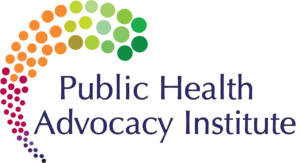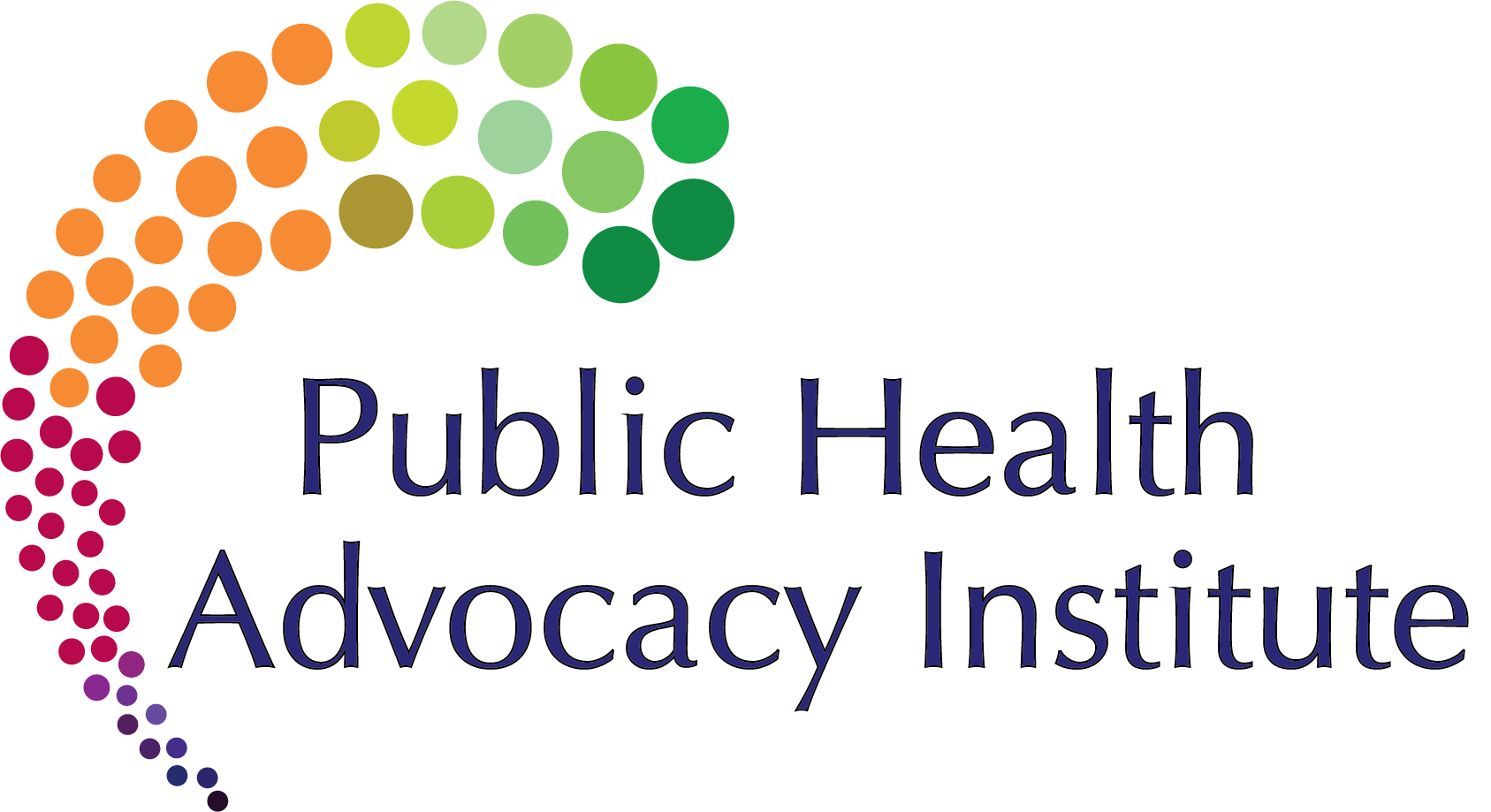Review could open door for substantial remedies that would help smokers to quit protect kids from starting –
and could force the cigarette companies to pay hundreds of billions of dollars
Today the Solicitor General of the United States filed a Petition for Writ of Certiorari with the Supreme Court of the United States seeking review of a 2-1 pre-trial ruling by the U.S. Court of Appeals for the D.C. Circuit. That ruling strictly limited the remedies available to the district court judge when she found that the cigarette industry engaged in racketeering in 2006. The Petitioners largely agree with the dissent in that decision that would permit the District Court more leeway in fashioning an appropriate set of remedies.
The pre-trial ruling for which the United States seeks review rejected the proposed remedy under the civil provisions of the Racketeer Influenced and Corrupt Organizations Act (RICO) seeking forfeiture of the cigarette industry’s ill-gotten gains flowing from sales to children. It also limited other potential remedies that had been available to the judiciary unless they were clearly “forward looking” and carefully tailored only to prevent future RICO violations.
In 2005, when it appeared that political concerns in the Department of Justice might be interfering with the prosecution of the trial, the district judge approved a number of public health groups to join as parties to the action. Led by the Tobacco Free Kids Action Fund, they too are seeking Supreme Court review of the pre-trial decision and are seeking public health remedies that could have a greater impact on tobacco control.
Philip Morris, as expected, is seeking review of the district court’s decision that found that the cigarette companies were liable under RICO. The other cigarette industry defendants are likely to appeal independently.
Mark Gottlieb, Director of the Tobacco Products Liability Project at Northeastern University School of Law in Boston said: “The Solicitor General’s Petition is enormously important because it could result in a second opportunity for the District Court to mete out justice with a fuller option of remedies in its arsenal. These could include disgorgement of ill-gotten gains; industry-funded cessation programs; counter-marketing; and many other remedies.”
Edward L. Sweda, Jr., Senior Attorney for the Tobacco Products Liability Project noted that: “Freed from the constraints of the pre-trial decision by the DC Circuit Court of Appeals, the District Court would be able to reshape the public health landscape around cigarettes and prevent future violations of RICO.”
See more on the case and trial here.

